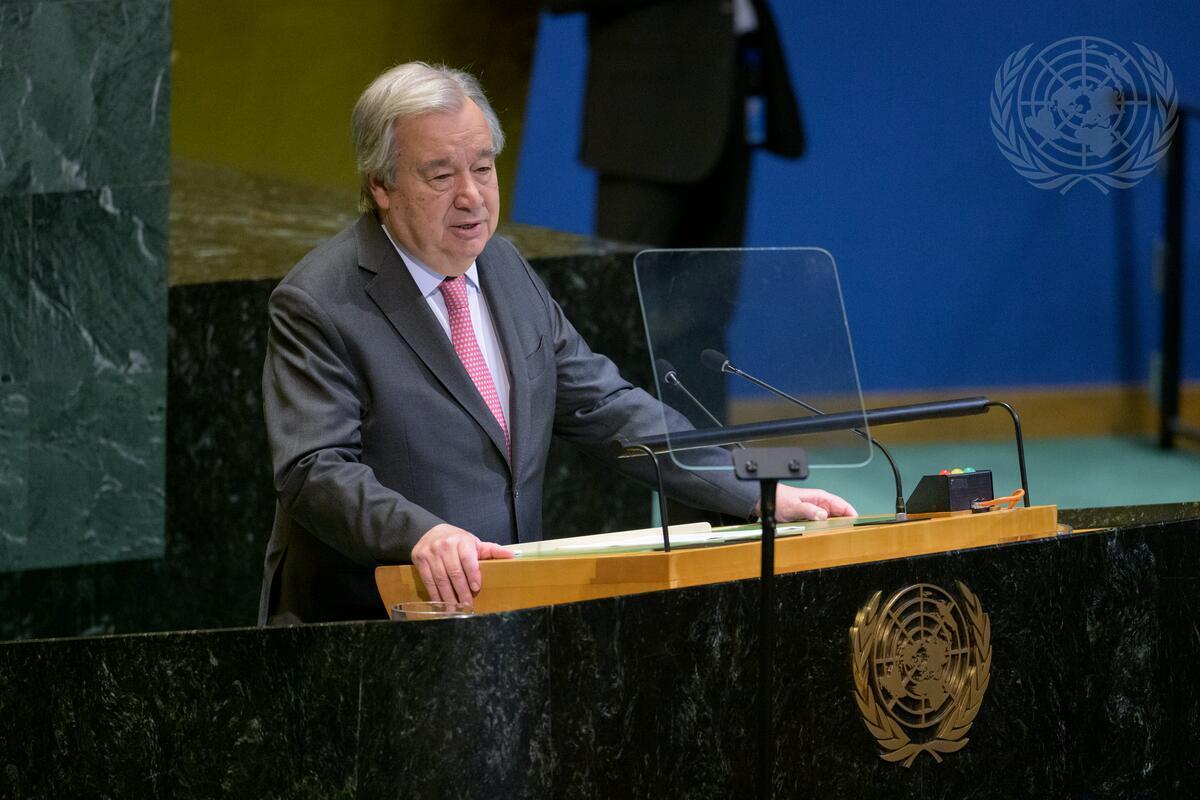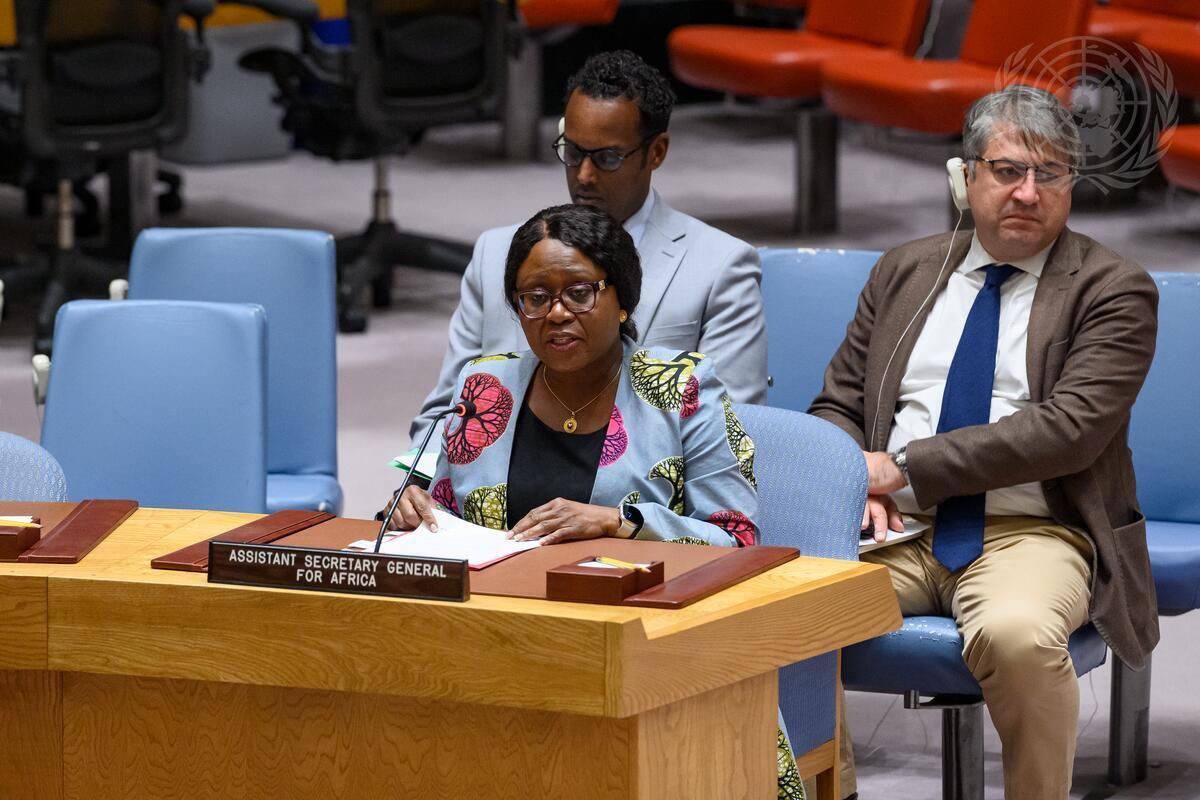I am pleased to be here with you today, together with my partners in the Trilateral Mechanism - the AU and IGAD- for the opening day of this important workshop on the Juba Peace Agreement and completion of peace.
I commend the signatory parties – the military component and the civilian component – for reaching the 5 December Political Framework Agreement and for their continued commitment to advance the political process. I also commend recent and ongoing efforts to work to broaden the inclusion of parties into the political process, which the Trilateral Mechanism is committed to continuing. This conference is part of a process to reach a final political solution. The Trilateral Mechanism is here today at the request of the signatory parties, both the military and civilian components, to facilitate the political process and help all parties in reaching a final agreement. It is critical that this process remains owned and led by Sudanese men and women.
The most important thing is that any peace agreement should target first and foremost the people who have been most affected by the war and conflict. This conference provides an opportunity to hear the voices of those who are normally voiceless, especially on issues that directly affect them. These issues include the drivers of conflict, humanitarian and security issues affecting IDPs and refugees, women’s real and meaningful participation, and how to strengthen the implementation of the Juba Peace Agreement – this in order to deliver tangible benefits to those on the ground.
Of course, those in the room today - be it IDPs, refugees, women groups, farmers, nomads and others - do not represent all groups and categories, yet we aim at ensuring that these voices here represent the issues and concerns of each community. And we look forward for more and bigger engagement of these key categories of people in efforts towards building sustainable peace.
I am therefore encouraged by the broad representation in this room and heartened to see Sudanese men and women coming from areas outside of Khartoum, including from conflict-affected areas, despite the operational challenges.
At the same time, I regret that some key signatories to the JPA are not present here today. Their participation in discussions around the JPA and in the political process in general is critical, and the Trilateral Mechanism will continue to extend all its efforts to encourage their participation in the ongoing process.
The signing of the Juba Peace Agreement in 2020 gave hope for millions of Sudanese men and women affected by war. However, its implementation has been extremely slow, and the current political crisis contributed to further undermining it, leading to mistrust in the country and even new outbreaks of violence in some areas.
There is an urgent need for the full implementation of the provisions of the Juba Peace Agreement, and all signatories to the Juba Peace Agreement must work together to implement the agreement, and the international community must support this agreement and efforts to implement it.
Let me make it very clearly: The aim of this workshop is not to amend, cancel or denounce the Juba Peace Agreement, on the contrary. There is confusion and rumors, so we must say that the goal is to focus on exploring and better addressing the drivers of conflict and the conditions that affect people in conflict areas, as well as ways to improve the implementation and revitalization of the Juba Peace Agreement while safeguarding its gains, including regarding gender and women's rights.
The workshop will also aim to explore ideas to pave the way for the completion of the peace process with SPLM-N Abdel Aziz Al Hilu and SLM – Abdul Wahid Al Nour.
The Trilateral Mechanism stands ready to provide support in any way that is deemed necessary in this regard.
We also know that the Republic of South Sudan, as the mediator, will be holding a workshop in mid-February to assess the shortcomings in the implementation [of the JPA] and work on a revised matrix. The outcomes of this workshop here in Khartoum today can feed into the work they will be undertake as the JPA mediator.
In conclusion, I would first like to thank members of the joint Secretariat for their tireless work and for all the preparations that took place before the start of this workshop.
Secondly, allow me once again to commend the Sudanese men and women present in this room for taking the courageous step to agree to participate and make their voices heard.
I encourage all of you to engage constructively and actively in the discussions to explore ways to fully implementing the Juba Peace Agreement, so that it can unleash its full potential to sustain and build peace for the women and men of Sudan.






